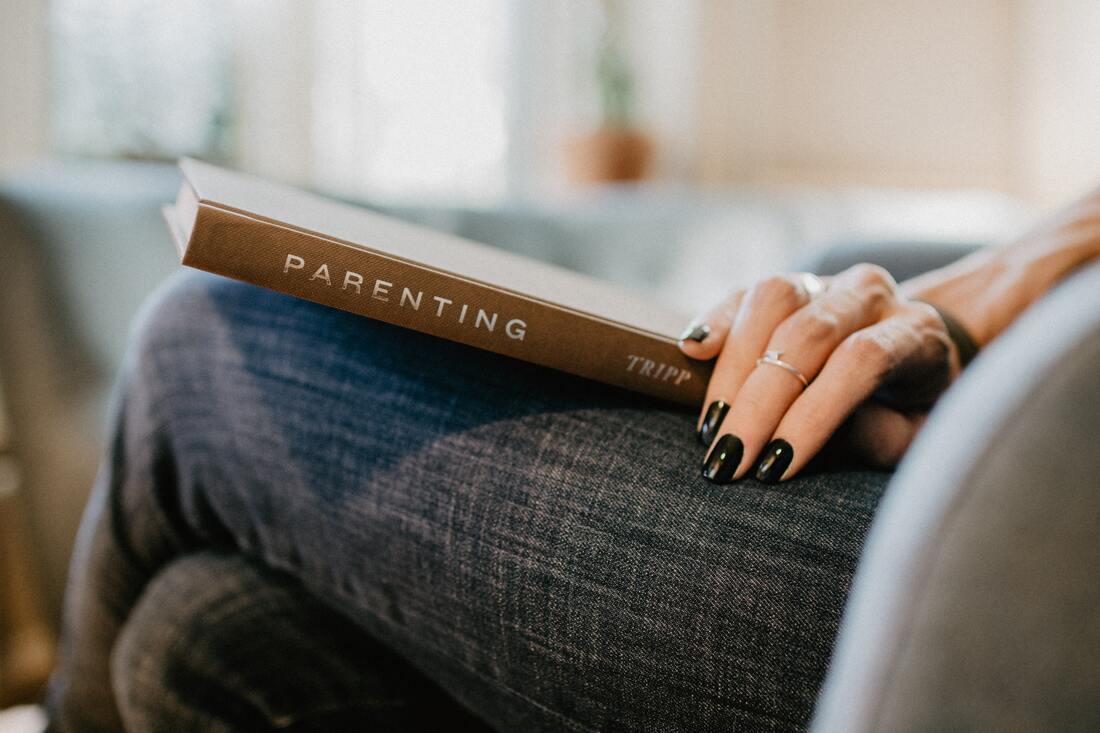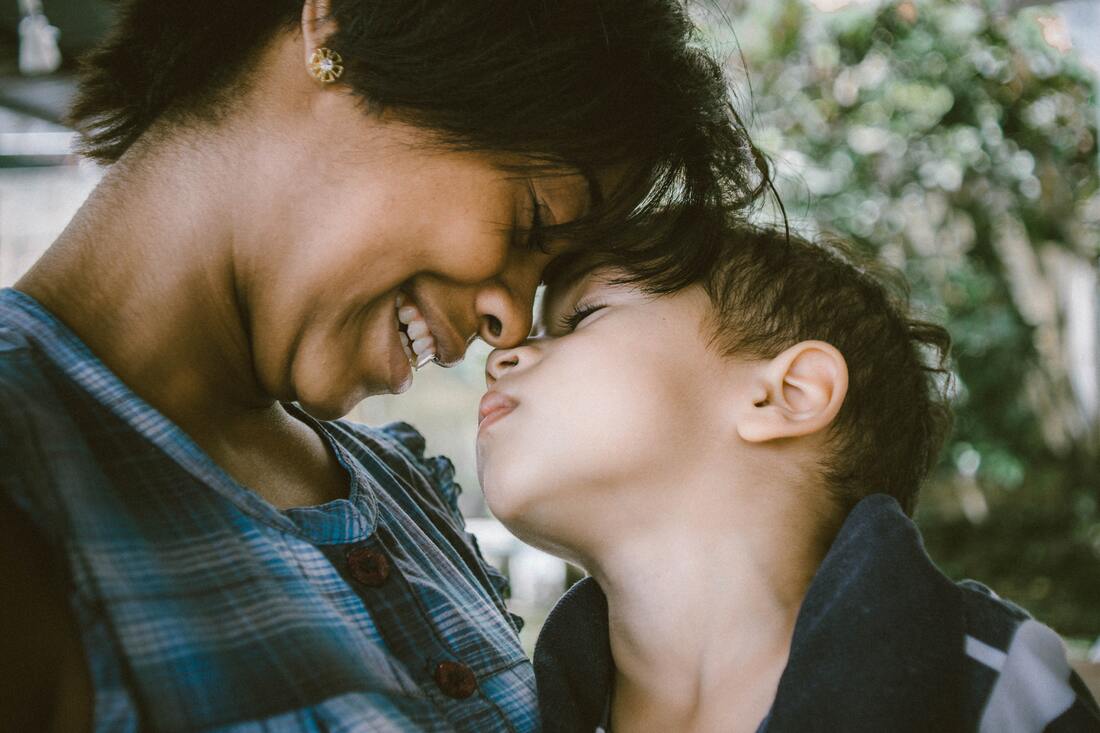|
By: Cassandra Nordal & Linda Kelly, MSW, RSW Validate, Listen, and Support.The world events that have taken place over the last few months will likely have had substantial impacts on your children. They may be experiencing a variety of emotions about their return to classes, including anxiety, disappointment, and anger. It will be important to listen to your children’s concerns and express empathy, because these feelings are entirely normal and should be expressed! Ask them how they are feeling, and show that you understand by using empathic responses such as “that must feel really bad,” or “I’m sorry you’re feeling that way!” Giving them an outlet to express their feelings will actually make those feelings less intense. Honesty and Encouragement.Now is the time for honesty. There is no need to give them blanket reassurances or toxic positivity (e.g., “Everything is fine! Nothing to worry about! We’re great!”). Also, it might be not so helpful if you instill doubts in your children that make them less likely to follow the rules at school. We know, it can be tempting to express frustration openly when you disagree with how safety measures are being implemented, but our children have a tendency to model our behaviours, and if you don’t want them repeating your words in front of the teacher, do try to keep your criticisms to a minimum. Being honest and open with them during these hard times can have a positive impact on your relationship with them. Relate to them and use this time to educate them on preventative measures on spreading germs and risk factors that come with Covid-19 as well as other transmittable viruses. Plan the Little StepsYour children might be scared to return to school. Their anxiety may be at an all-time high at the moment, so a plan for re-entry might be useful. Discuss with school admin that maybe you can check out the classroom with your children on weekends or during non school hours to get them comfortable before going back with other children. Create a plan that breaks down even the smallest steps on that first day back so they know exactly (within reason) what to do and what to expect. Discuss with your children how you can help or make this transition easier. Avoiding school all together is not the answer. The question should be “How can we help you feel comfortable at school?” (e.g., you’re going) and not “Can we get you to school?” (e.g., are you going or not?) Coping SkillsYour kids look up to you. Even though we talk about how our parents drive us crazy, children will usually turn to you for guidance or support. Now is the time more than ever to set the example of how to be calm, cool, and collected. Acknowledging the Problem: Teach your children how to recognize symptoms of anxiety. Upset stomach, tight abdomen, rigid shoulders, fast breathing and heartbeat – all these clues mean that their body is demonstrating very loudly that they are uncomfortable. But knowing what this is and being able to talk about it means that they won’t immediately run away from it. Self-Soothing: Practice getting anxiety symptoms under control at home using deep breathing, stretching, progressive muscle relaxation, superhero pose, rapid changes in temperature, or even intense exercise. Talisman: Give a small object to your child that they can wear or keep close to them during the day that reminds them you will be waiting for them after school, such as a bracelet, watch, ring, necklace, picture, or any small personal memento so they can feel comforted knowing that you are not far away. Communicate with Other ParentsMake an action plan with other parents or consider joining a support group once the kids get back to class. Discuss your fears and concerns. Get the teachers involved and have a clear set of expectations of upcoming events and long term plans. The only way this is going to work is if we all communicate and work together. Relaxing your ExpectationsWe can all get drawn into the fight right now where we feel schools, teachers, parents, and everyone in between are not at all prepared for what’s coming. It can feel like these plans are not good enough. And it’s okay to feel that way. You’re not wrong!
However, to relieve some of that frustration, it’s important to reflect on the fact that everyone involved DOES care, and they are doing their best with limited means. It’s also important to reflect this to your child. Very little about the next few months is going to be perfectly planned. But it doesn’t have to be perfect. What matters most is that we are all working together so that our children have access to education while remaining as safe as possible. And if things go wrong, we will continue to work together, adjusting our plans as we go. Consider relaxing your expectations and having faith that we all have the ability to respond appropriately when things need to change, which of course they will. The situations we face every day are as temporary as the storms that pass over our fair city. And the actions we take during these storms can either help or hinder our children’s abilities to adapt and overcome. Since we all want the best for our children, it is vital that we use this situation as an opportunity to help them learn positive coping skills that will help them throughout their lives. |
|
OverviewNWO’s source for all things relationships, mental health, wellness, lifestyle, and pandemic support. Kelly Magazine is a mental health outreach initiative created by Kelly Mental Health and supported by Kelly Mental Health Foundation, a non-profit organization dedicated to improving the community in the area of mental health.
|
Magazine |
Follow Us |
In support of @kellymentalhealthfndn |
© COPYRIGHT. ALL RIGHTS RESERVED. WEB DESIGN BY KMH





